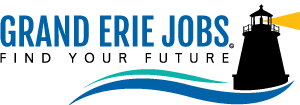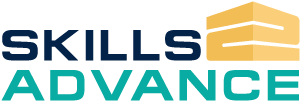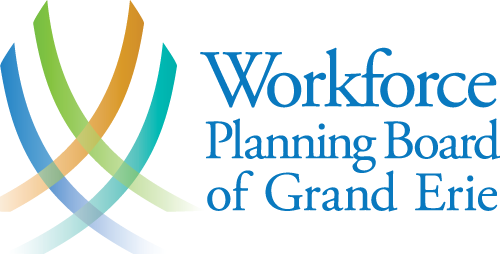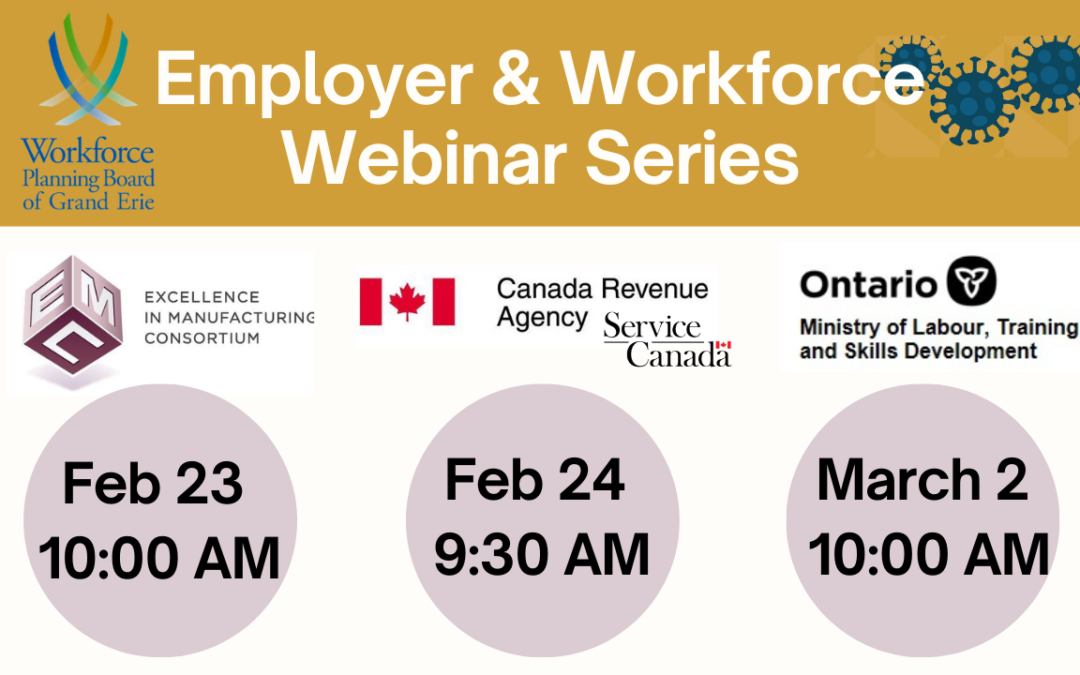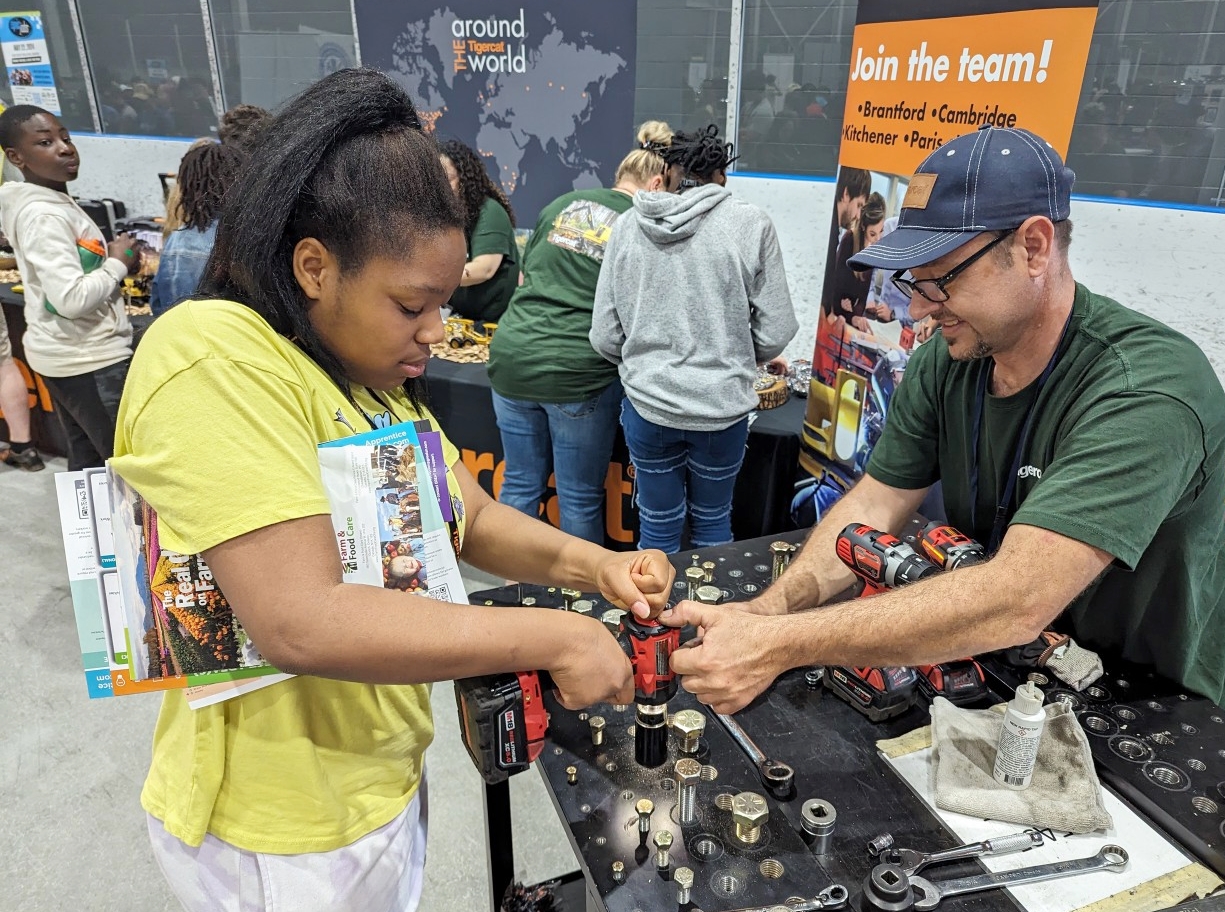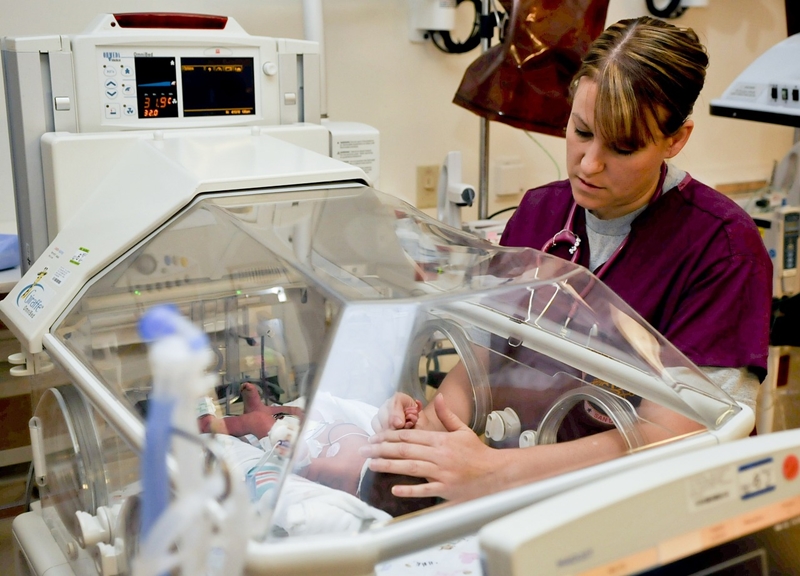
2024’s labour market plan is published
2024’s labour market plan for Grand Erie talks about the need for all players in the local labour force to work together to manage expectations in the face of disruptions caused by external factors.
The Workforce Planning Board of Grand Erie’s newest labour market plan is titled Moving Beyond Disruption: Managing Expectations for Tomorrow’s Workforce.
The planning board publishes a report each year with support from the Ontario Ministry of Labour, Immigration, Training and Skills Development.
The 50-page report drew on community input and data analysis to paint a picture of the labour market in Brantford, Six Nations of the Grand River, Mississaugas of the Credit First Nation, and Haldimand, Norfolk and Brant counties.
Danette Dalton, the planning board’s executive director, said that Grand Erie’s labour market has been impacted over the last year by disruptions caused from inflation, foreign conflicts, climate change and the emergence of AI. Those disruptions are expected to continue.
“Moving beyond disruption means we need to take the time to make sustainable decisions that are supportive of our workforce, our businesses, our communities and our environment – today and in the future,” said Dalton.
Job seekers, workers and businesses have different priorities and expectations on a wide number of labour issues, from wages to skills training, from flexible work to diversity. But the different groups will have to work together constructively, compromising sometimes, in order to cope with the disruptions.
Dalton said 2024’s labour market plan confirms the need for continued investment in skills training and upgrading, especially for residents not participating in the labour market. And work needs to continue to support groups that have been historically underrepresented in the labour market, including residents who are Indigenous, racialized, newcomers, people with disabilities and youth.
“Workforce development strategies for Grand Erie need to be human-centred. There are many people who feel overwhelmed by the disruptions that have taken place and don’t think they have a place in today’s labour market. They need our support.”
English and French versions of Moving Beyond Disruption can be found on our website HERE
